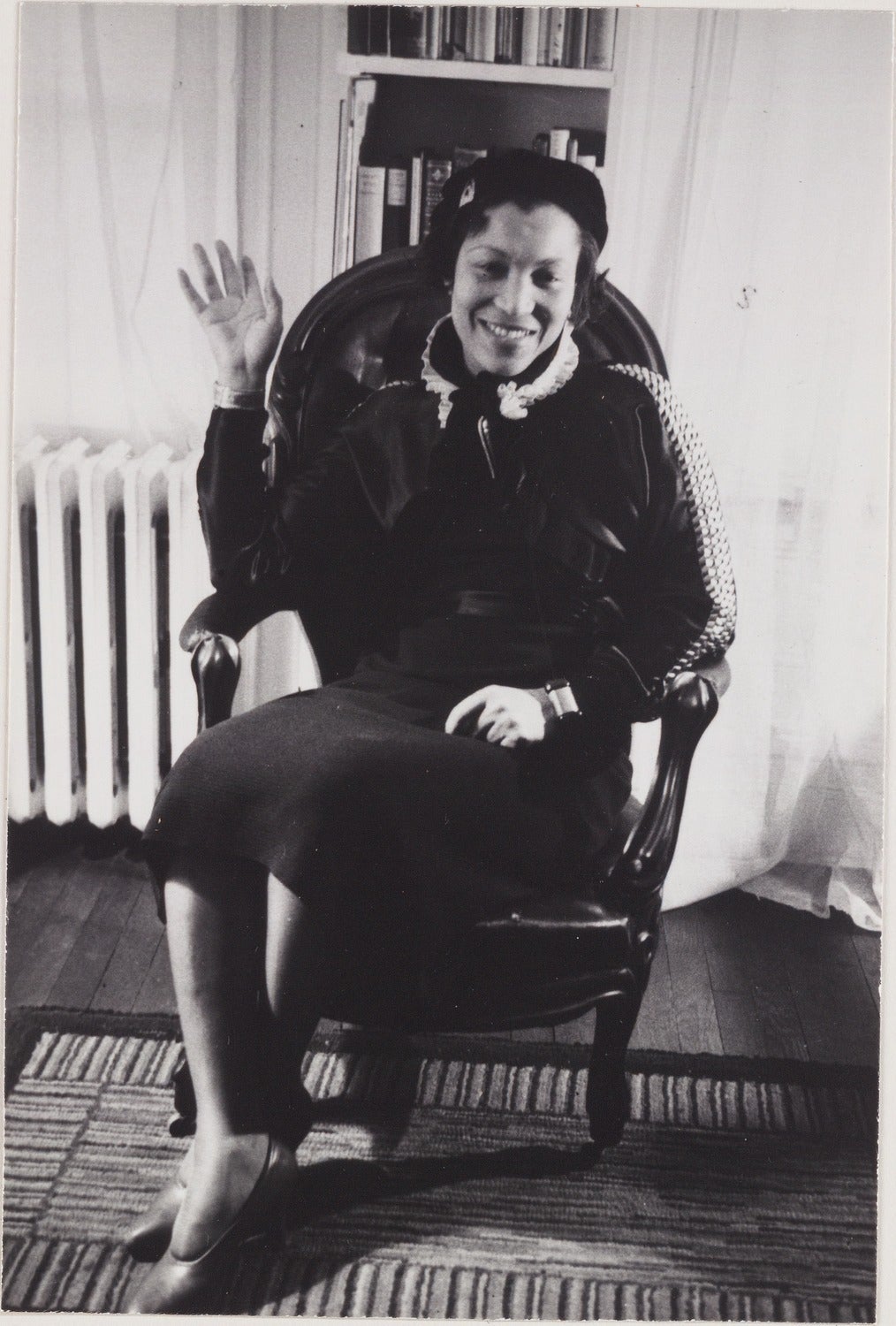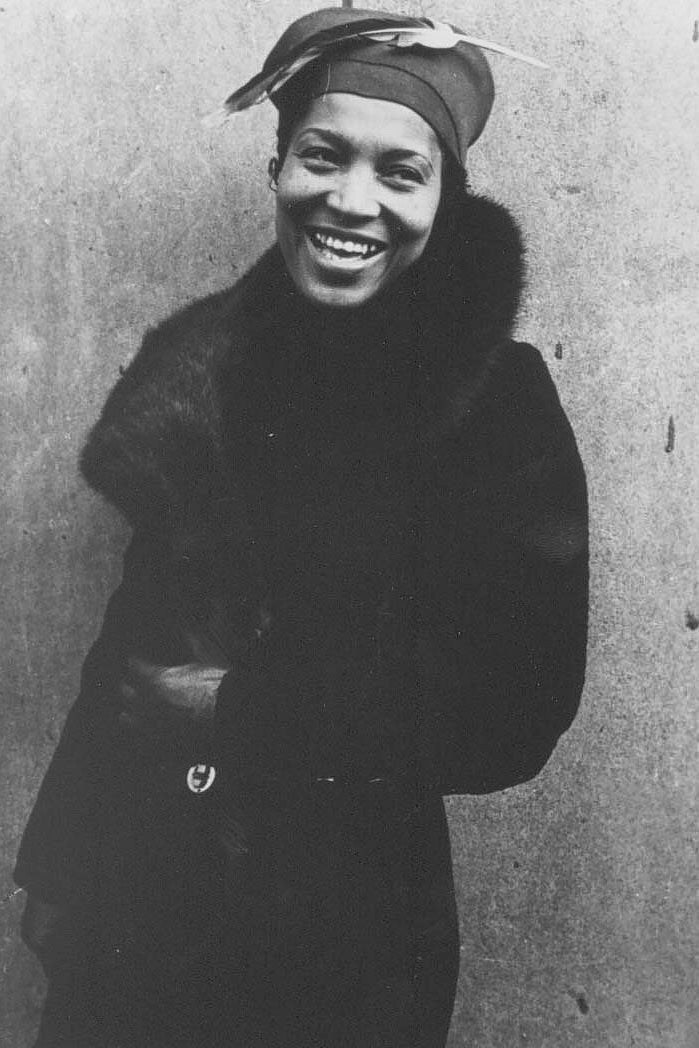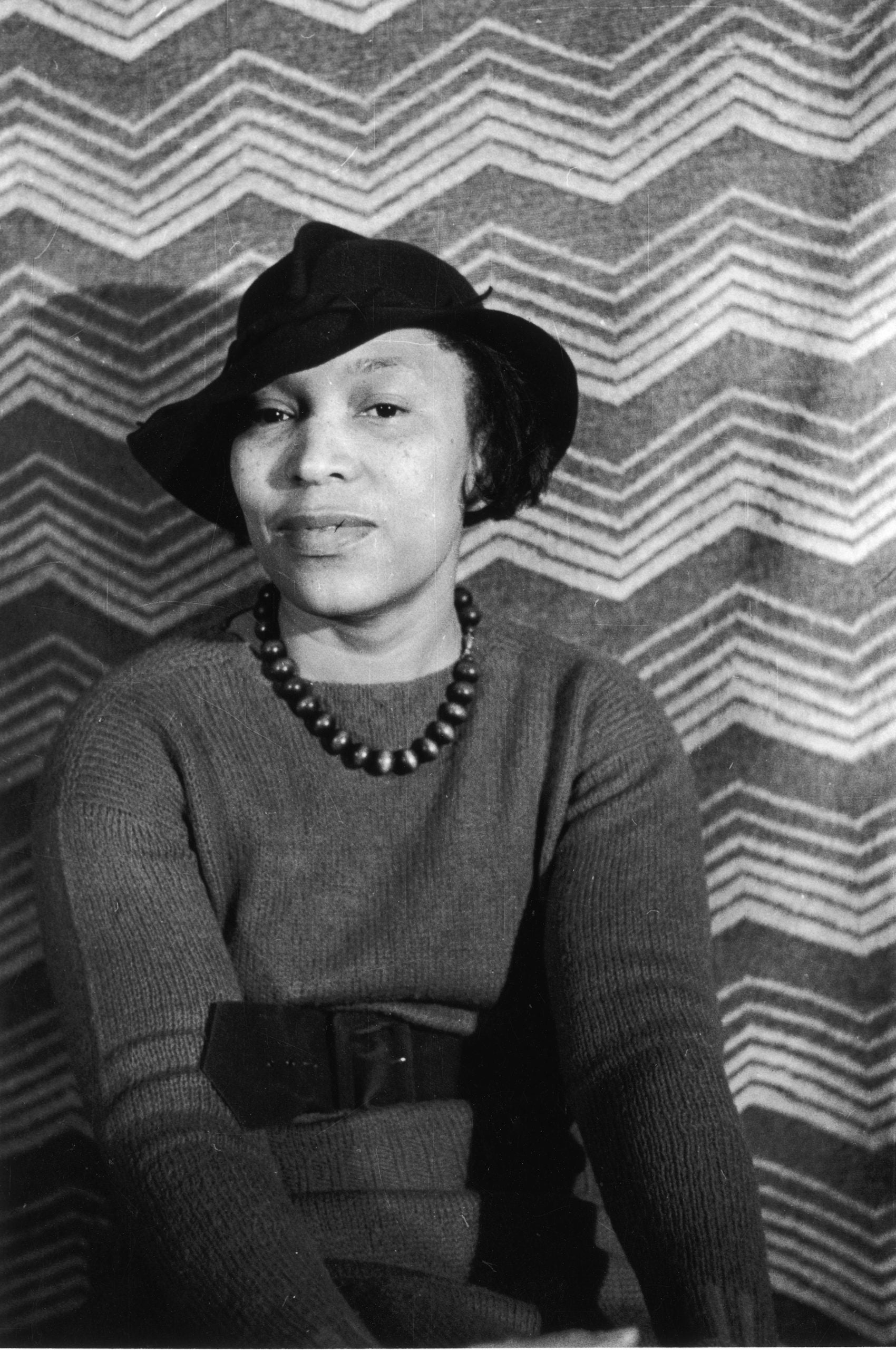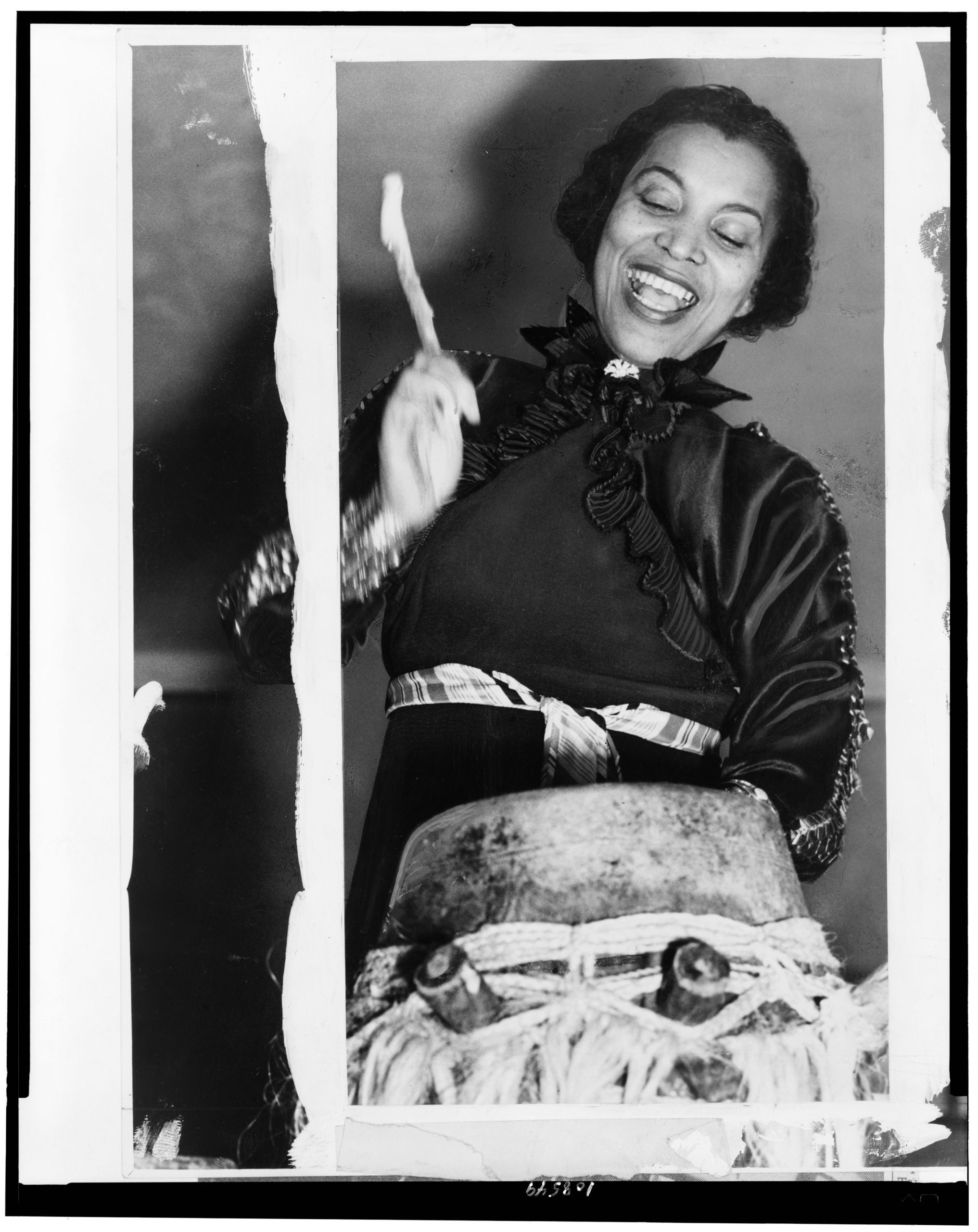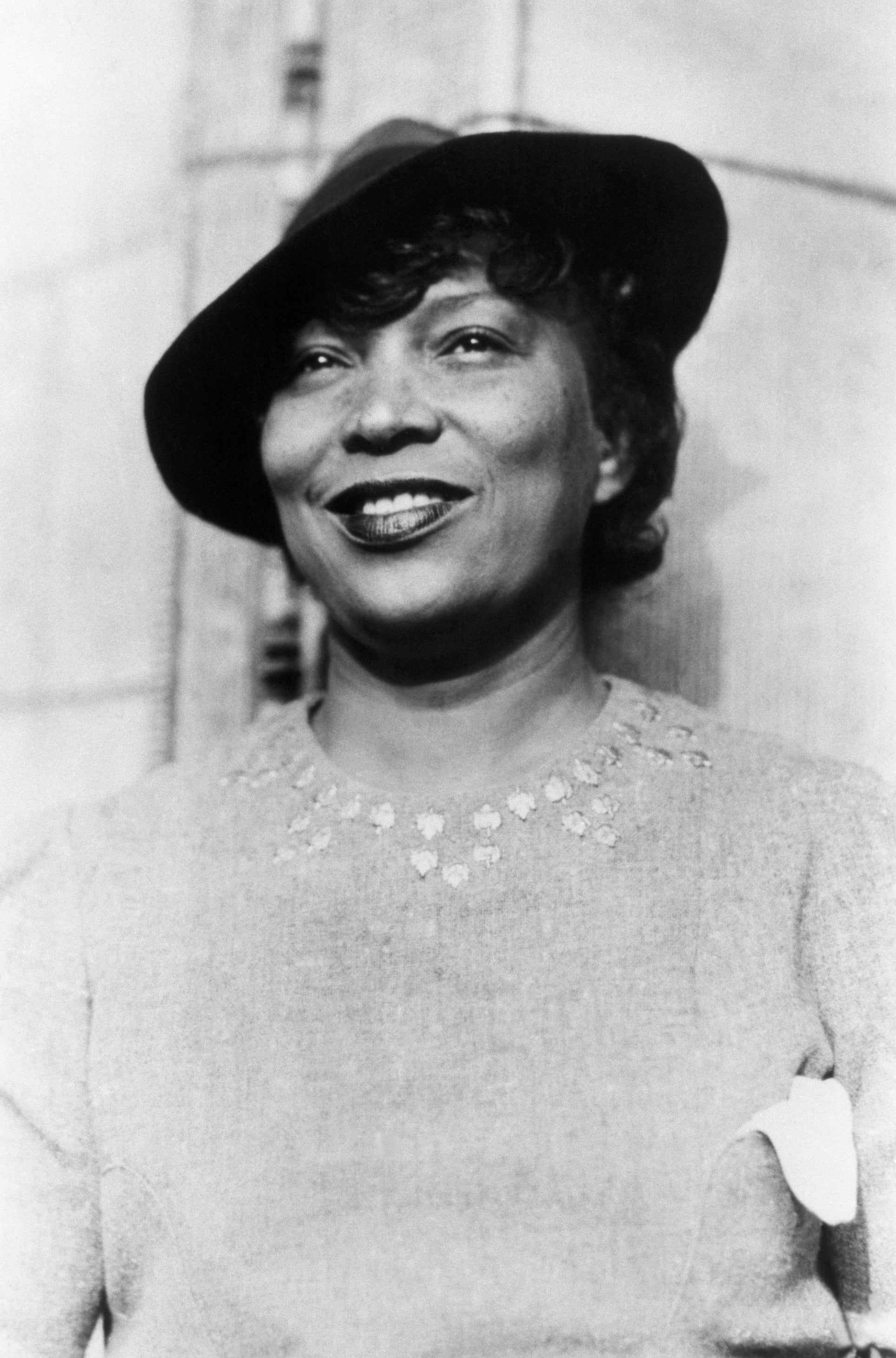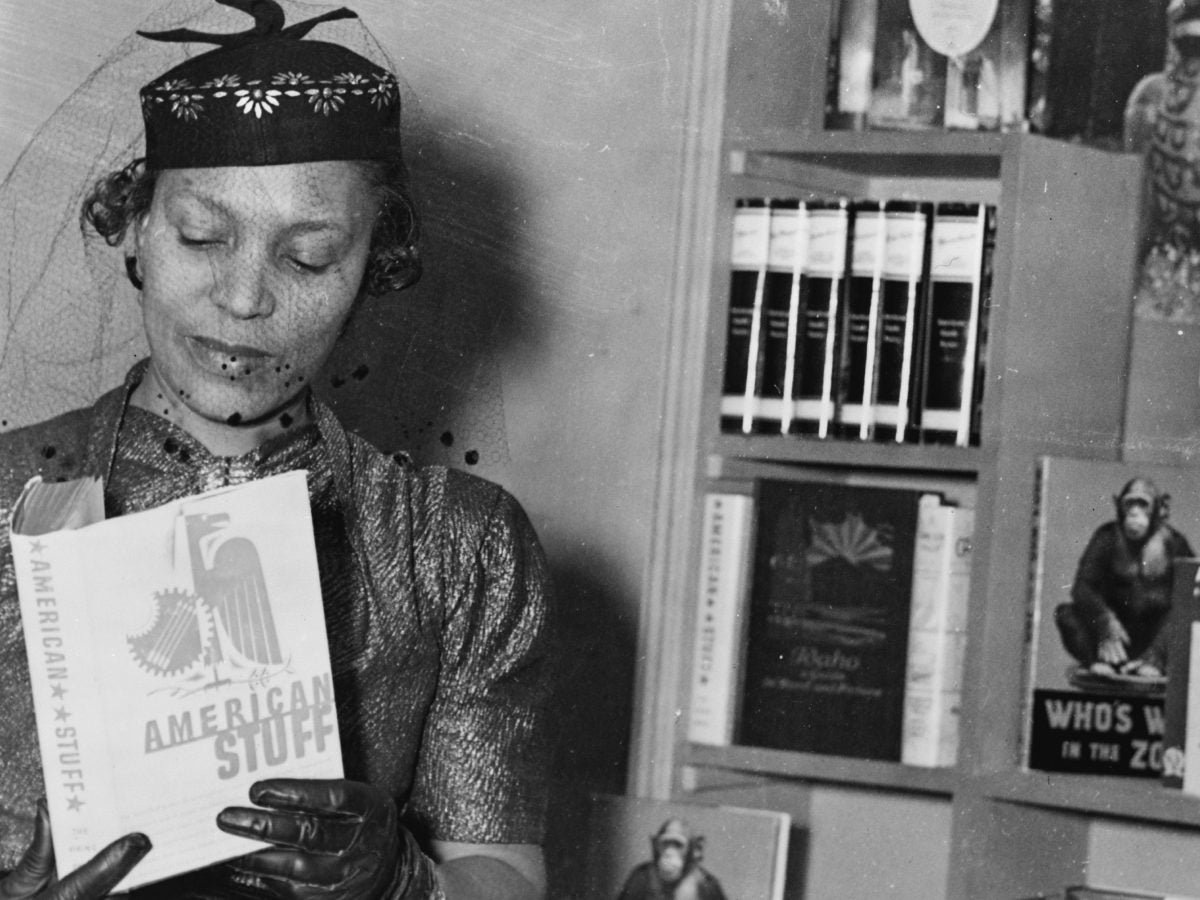
Ridiculed in her life yet revered after death, Zora Neale Hurston has left an indelible legacy on the literary community and commanded an influential place in Black history.
Forgoing conventions of what it meant to be a woman and a Black writer, Hurston was free-spirited, both professionally and personally. These qualities–which materialized in ambivalent politics and a commitment to using southern Black vernacular when Black intellectuals sought to divorce themselves from vestiges of the Jim Crow South–lent her a unique artistic voice. But they also left her vulnerable to criticism that she pandered to white audiences.
In the past few decades, however, thanks to the tenacious support of feminist writers like Alice Walker, Hurston’s work re-entered the black canon and made her primary work, Their Eyes Were Watching God, required reading in classrooms across the country. Now, with the release of Barracoon, Hurston’s work is again in the spotlight.
Here are five ways Hurston’s life and creative work expanded the concept of Black literature and Black womanhood:
